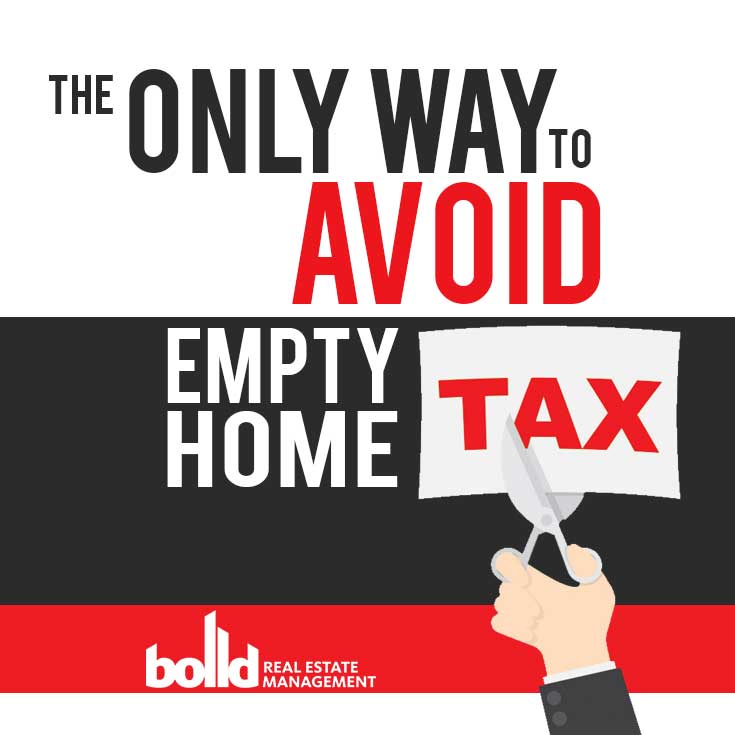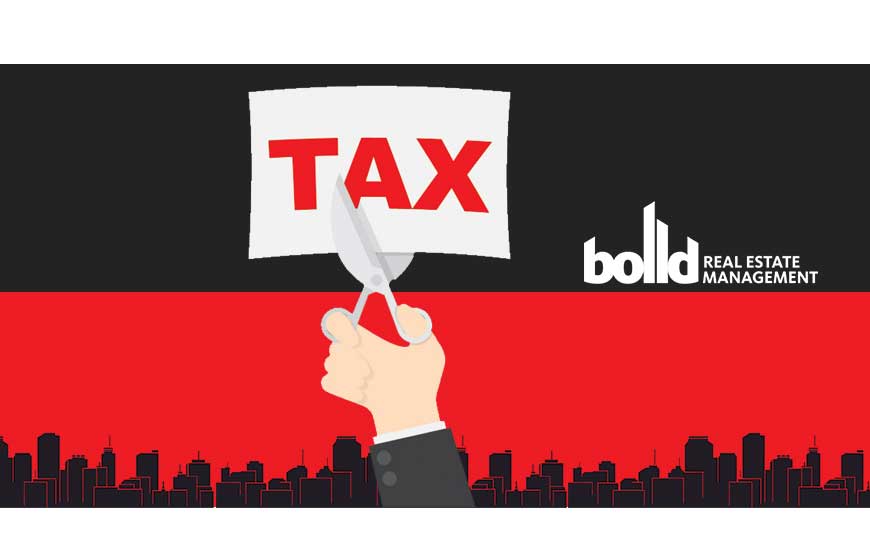As a residential property owner in Vancouver who keeps a second home or holding it as an investment for rentals, you need to know your landlord rights so as not to get caught off guard with the implemented Empty Home Tax (EHT), also known as Vacancy Tax, for under-utilized residential properties. If you’re not actively utilizing your property as a second home, or not cashing in on rentals, 1% of your property’s assessed taxable value may be burdensome. There are fairly good reasons why such tax is being implemented. It is projected to improve Vancouver’s housing crisis by making property rentals affordable. The overall result will be beneficial to the city in economic scale. While there are exemptions to the tax rule, you need to know what they are in order to exercise your landlord rights.

[inf_infusionsoft_inline optin_id=optin_2]
First off, the things you need to know are:
- How much is Empty Home Tax?
- Is your property exempted from Empty Home Tax?
- How to properly declare your empty or under-utilized property
Don’t let yourself out in the dark because apart from the tax itself, there could also be penalty charges if you fail to comply with Vancouver empty home tax declaration required every single year. Taxes and penalties add up quickly for property owners regardless of a still-seemingly Vancouver empty home tax loopholes; and this something you may not be ready for. If indeed you are eligible for tax exemption, you need to make a declaration on time. A published report states that there is 1 for every 10 property owners in Vancouver that is being fined for undeclared empty homes alone. The rules are strict and you need to play well.
The basics you need to know
At the outset, the implementing rules state that under-utilized residential property could be taxed if:
- Your empty or under-utilized residential property is located in Vancouver
- You are not using it as a second home, or let someone else use it, for less than 6 months each year
- You keep it empty most of the time
- Although rented out, the property is utilized as a place of work and not as a residence
If you’re a principal property owner with the purpose of keeping it as a vacation home or family transient home with hardly any plans or renting it out, or if you do want to rent it out but looking for the right tenant remains challenging, then you need to find out how you can avoid this tax.
See also: How to Stage Your Home to Rent (or sell) Quickly
Your property could very well be exempted under any of these conditions:
- You used the property as a residence for 180 days although it is not your principal residential property.
- You have allowed a family member or relative to use the property as a residence for 6 months.
- You as the owner, or your property tenant, are undergoing long-term medical care spanning over 180 days. Your tenant being in long-term care could be transferred and momentarily residing in a supportive care facility.
- The owner of the property is deceased and there is pending administration to the estate.
- The property is undergoing the transfer of ownership during the year
- The property is undergoing development such as major renovation. There are implementing rules though on what qualifies a major renovation, such as being issued a renovation permit and renovation being actively carried out without delays among others.
- The property is subject to Strata Rental Restriction (Strata Rental Bylaw of November 16, 2016).
- The property is under legal issues such as a court order, a court proceeding or government-imposed prohibition for occupancy.
- The property is categorized as limited use residential property due to some inherent limitations such as limited parking area for tenants, less ideal size for residence and other factors.
Filing for an empty home declaration
Regardless of the status of your empty home, you need to state it in an empty home declaration form and submitted in due time. By December of any current year, you can start taking account of your declarations and prepare all documents. Your deadline of submission is on February of the following year. Failure to submit your declaration on time will further levy you to a fine of $250. Likewise, if you are in the position of being tax exempt you need to collect and show proof of your declaration in order for proper tax assessment to be can be carried out. Take careful note though that any false declaration determined through a random audit is subject to a fine of $10,000 per day of continuing offense on top of any taxable amount on your property.

[inf_infusionsoft_inline optin_id=optin_11]
Caveat: While this article presents the basic information you need to know, it should not be regarded as an end all be all legal advice. If you’re operating as a landlord then you need to know your landlord rights. There is actually more to the Empty Home Tax law but the basics here are a good start if you would happen to be affected by it.
In conclusion:
Though there is rising and on-going concern on the Empty Homes Tax Law, you, as a residential property owner, are not immune to it. Keep yourself always in the know and make plans ahead of time on what you can do to avoid it.


